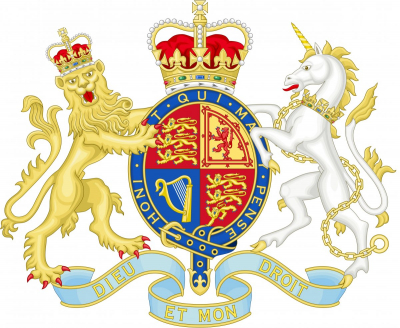Operation Herrick was the codename under which all British operations in the War in Afghanistan were conducted from 2002 to the end of combat operations in 2014. It consisted of the British contribution to the NATO-led International Security Assistance Force (ISAF), and support to the American-led Operation Enduring Freedom (OEF), within the central Asian country.
Operation Herrick superseded two previous efforts in Afghanistan. The first of these was Operation Veritas, which consisted of support during the United States invasion of Afghanistan in October 2001. The last major action of this was a sweep in east Afghanistan by 1,700 Royal Marines during Operation Jacana, which ended in mid-2002. The second was Operation Fingal, which involved leadership and a 2,000 strong contribution for a newly formed ISAF in Kabul after December 2001. Command was subsequently transferred to NATO ally Turkey several months later and the British contingent was scaled back to 300. Since then, all combat operations in Afghanistan have been conducted under Operation Herrick. After 2003, Operation Herrick increased in size and breadth to match ISAF's growing geographical intervention in Afghanistan.
In December 2012 the UK Prime Minister David Cameron announced that 3,800 troops, almost half of the force serving in Helmand Province, would be withdrawn during 2013 with numbers to fall to approximately 5,200. The UK ceased all combat operations in Afghanistan and withdrew the last of its combat troops on the 27 October 2014. Between 2001 and 24 July 2015 a total of 454 British military personnel died on operations in Afghanistan.With the end of combat operations, British military operations in Afghanistan focused on training as part of Operation Toral, the UK's contribution to the NATO Resolute Support Mission. This operation ended in July 2021.
The Ministry of Defence (MOD or MoD) is the British government department responsible for implementing the defence policy set by Her Majesty's Government, and is the headquarters of the British Armed Forces.
The MOD states that its principal objectives are to defend the United Kingdom of Great Britain and Northern Ireland and its interests and to strengthen international peace and stability. With the collapse of the Soviet Union and the end of the Cold War, the MOD does not foresee any short-term conventional military threat; rather, it has identified weapons of mass destruction, international terrorism, and failed and failing states as the overriding threats to Britain's interests. The MOD also manages day-to-day running of the armed forces, contingency planning and defence procurement.
The expenditure, administration and policy of the MOD are scrutinised by the Defence Select Committee, except for Defence Intelligence which instead falls under the Intelligence and Security Committee of Parliament.

2008Feb, 29
The United Kingdom's Ministry of Defence decides to withdraw Prince Harry from a tour of Afghanistan "immediately" after a leak led to his deployment being reported by foreign media.
Choose Another Date
Events on 2008
- 11Jun
Canadian Indian residential school system
Canadian Prime Minister Stephen Harper makes a historic official apology to Canada's First Nations in regard to abuses at a Canadian Indian residential school. - 7Aug
South Ossetia
The start of the Russo-Georgian War over the territory of South Ossetia. - 29Sep
Dow Jones Industrial Average
Following the bankruptcies of Lehman Brothers and Washington Mutual, The Dow Jones Industrial Average falls 777.68 points, the largest single-day point loss in its history. - 29Oct
Northwest Airlines
Delta Air Lines merges with Northwest Airlines, creating the world's largest airline and reducing the number of US legacy carriers to five. - 10Nov
Phoenix (spacecraft)
Over five months after landing on Mars, NASA declares the Phoenix mission concluded after communications with the lander were lost.

 English
English  español
español  français
français  português
português  русский
русский  العربية
العربية  简体中文
简体中文 